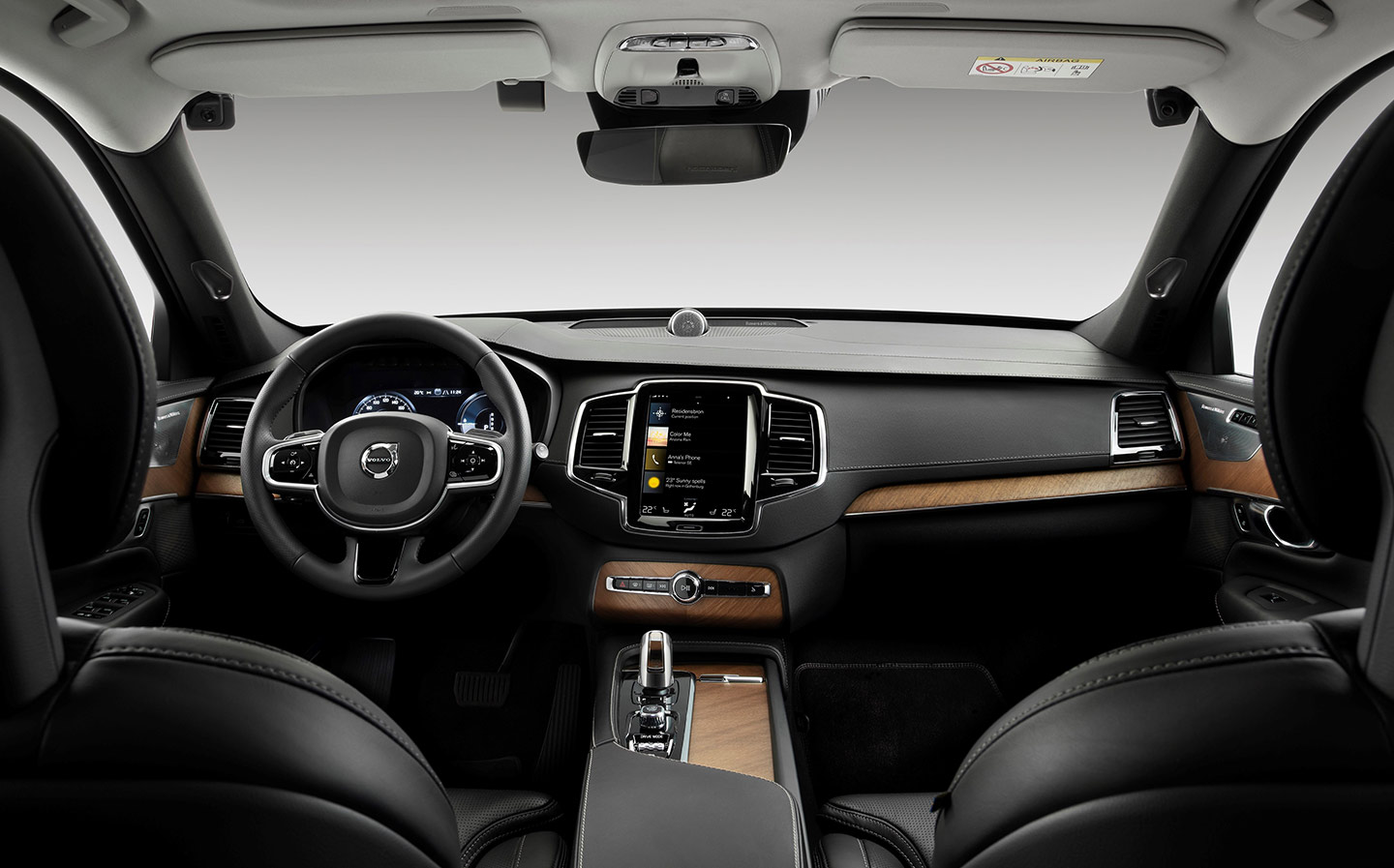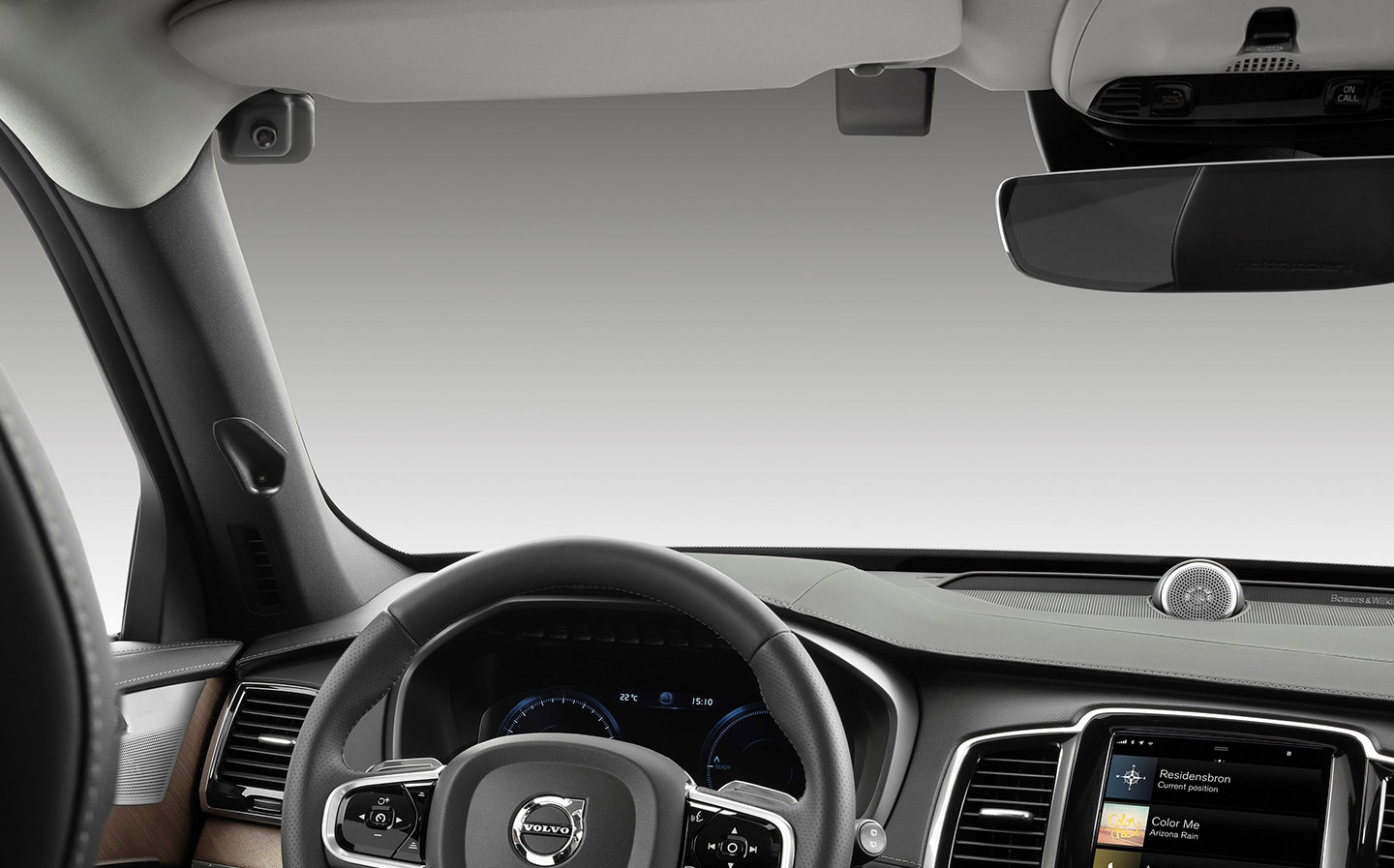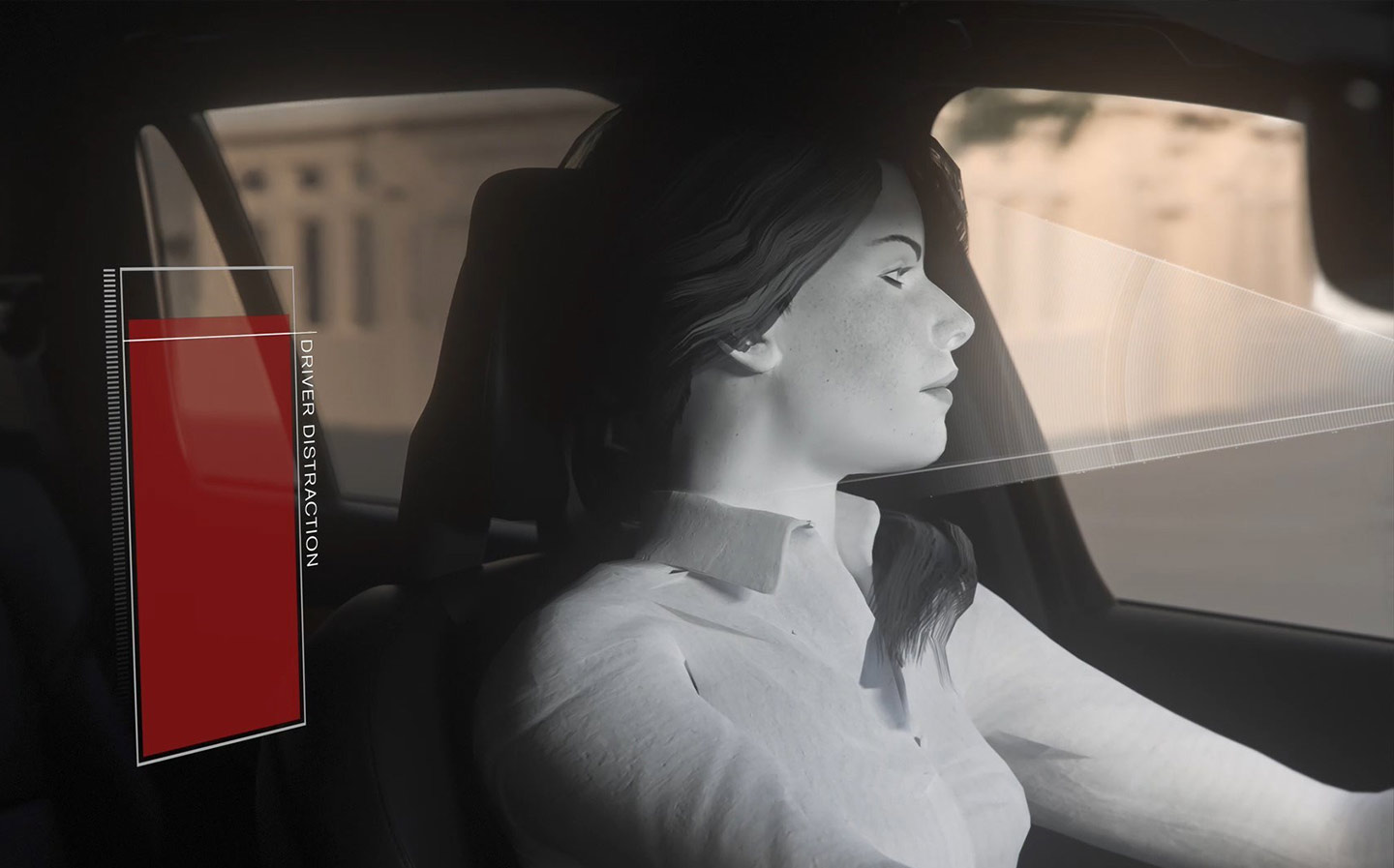Volvo cars to detect drunk drivers and autonomously pull over
Do car makers have an obligation to add behaviour-changing tech?
DRINK driving could be impossible in Volvo cars from the early 2020s with the introduction of technology that will detect when motorists are intoxicated or distracted, the Swedish car maker says.
Some cars already on sale today can sense erratic steering inputs, and will sound warnings and perhaps suggest drivers take a break, but Volvo plans to take things further by installing cameras “and other sensors” to its cars’ interiors, and allowing autonomous systems to take over if driving doesn’t improve.
Interventions may range from alerting the Volvo on Call assistance service to limiting the car’s speed or even actively slowing down and safely parking the car, and could come as a result of extreme weaving across lanes, excessively slow reaction times, a complete lack of steering input, or if drivers are detected to have their eyes closed or off the road for extended periods of time.

Volvo said it wants to start a conversation about whether car makers have the right or maybe even the obligation to install technology in cars that changes their drivers’ behaviour.
Introduction of the cameras on all Volvo models will start on the next generation of Volvo’s vehicle platform, due in the early 2020s. Details on the exact amount of cameras and their positioning in the interior will follow at a later stage.
“There are many accidents that occur as a result of intoxicated drivers,” said Trent Victor, Professor of Driver Behaviour at Volvo Cars. “Some people still believe that they can drive after having had a drink, and that this will not affect their capabilities.
“We want to ensure that people are not put in danger as a result of intoxication.”
Figures from the American National Highway Traffic Safety Administration (NHTSA) show that in the United States, almost 30% of all traffic fatalities in vehicles in 2017 involved intoxicated drivers. The latest figures from the Department for Transport in the UK show that 21 drivers died in 2016 as a result of drink-driving, representing 16% of all fatalities involving vehicles.
In 2007, Volvo launched its “Vision 2020” initiative, which aims to bring to zero the number of people killed or seriously injured in a new Volvo car. Jan Ivarsson, Volvo Cars senior technical advisor for safety, later clarified that Vision 2020 was just that, a vision, rather than a cast-iron target, seemingly acknowledging that Volvo can’t control every eventuality.
But with 2020 just around the corner, the car maker is ramping up its safety rhetoric once more. The announcement about its intoxication and distraction-beating tech comes not long after it said it would be introducing speed limits of 112mph to its cars from next year. These three initiatives plug the ‘gaps’ in its efforts to end fatalities.
Volvo today also said that all cars from next year will come with a “Care Key”, which allows Volvo owners to limit the car’s top speed before lending it to others, such as teenage children.
The company also said it will launch a digital database of its safety knowledge, accessible for all car makers to view.
It added: “Both the speed limit and the installation of in-car cameras illustrate how car makers can take active responsibility for the aim of achieving zero traffic fatalities by supporting better driver behaviour.”
Henrik Green, Senior Vice President, Research & Development at Volvo Cars, said: “When it comes to safety, our aim is to avoid accidents altogether rather than limit the impact when an accident is imminent and unavoidable.”
Volvo introducing 112mph speed limit to all its cars by 2020







